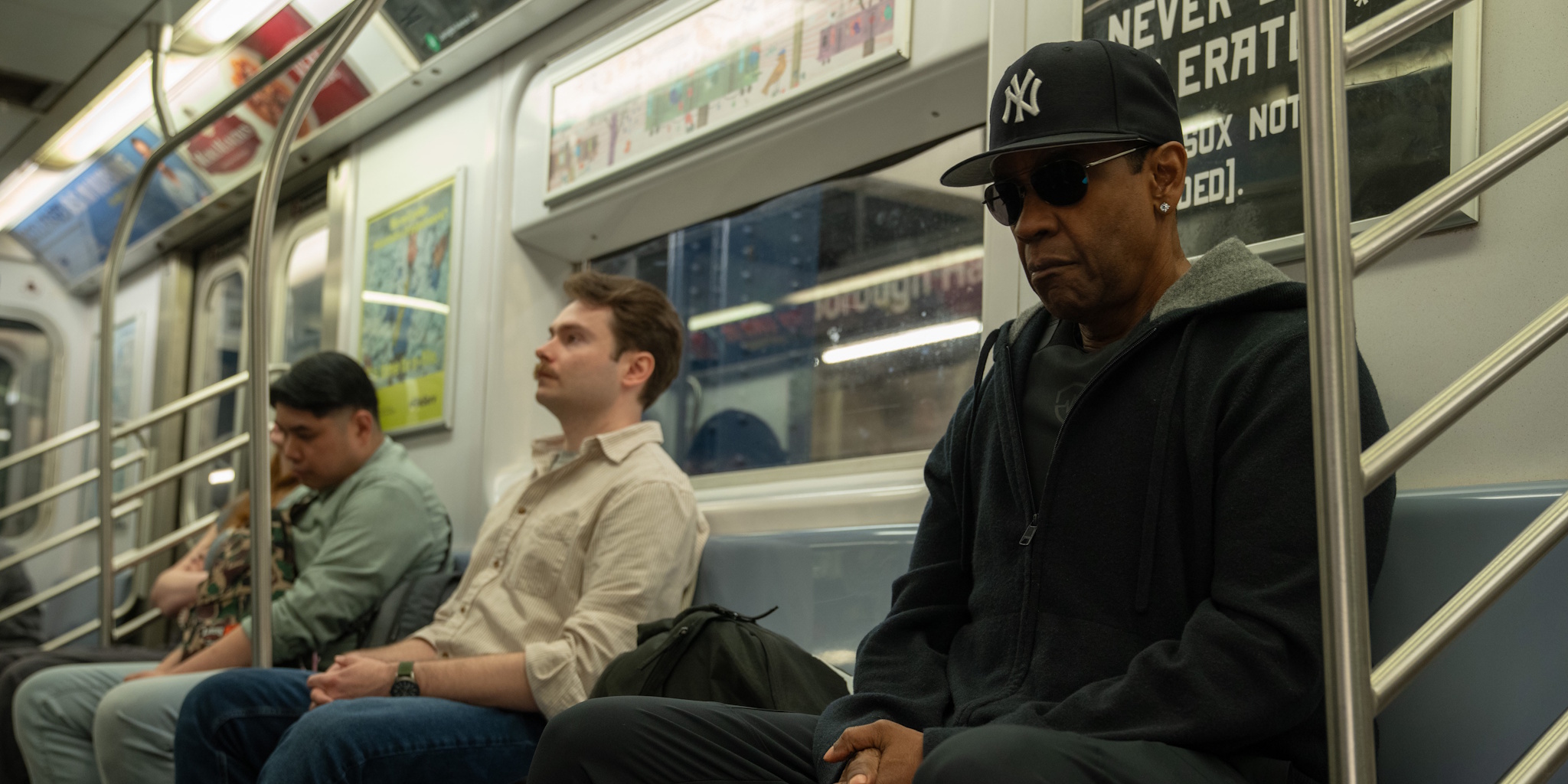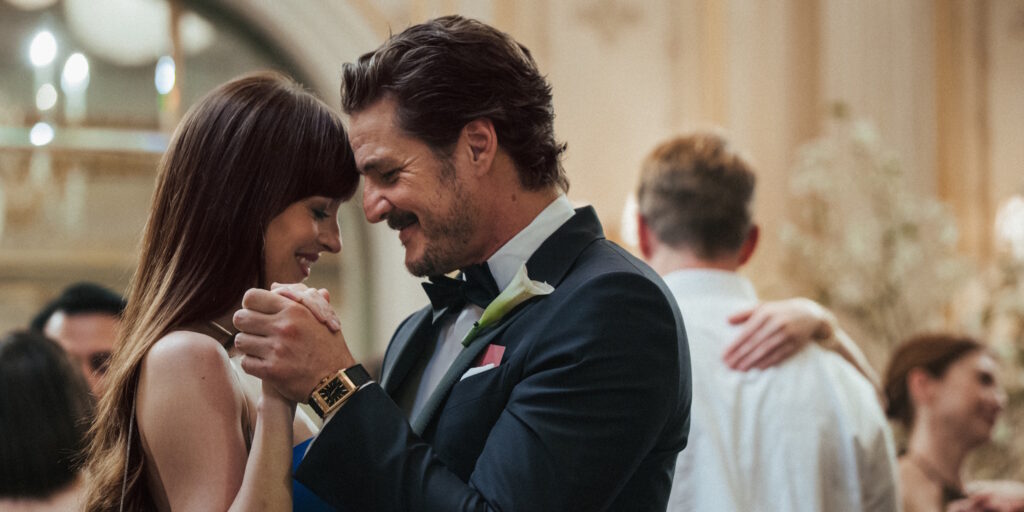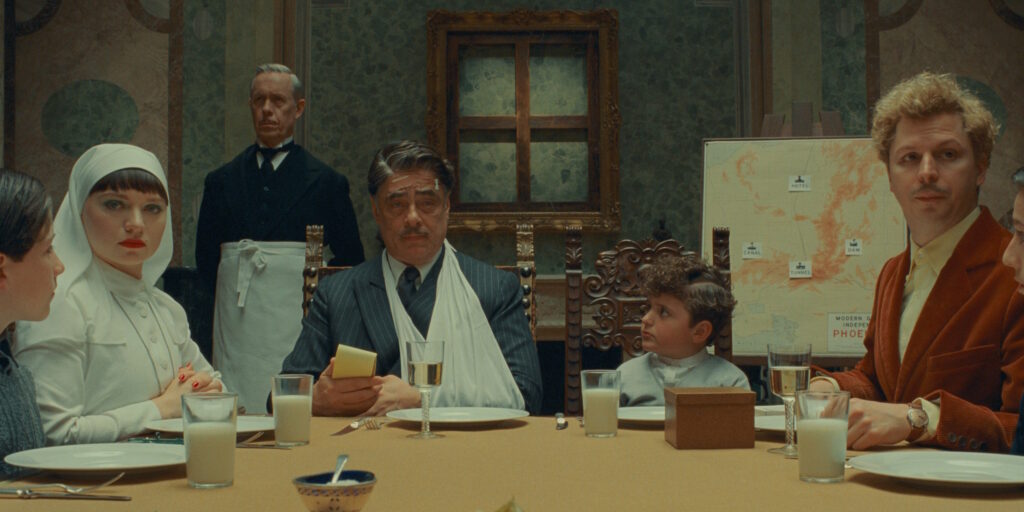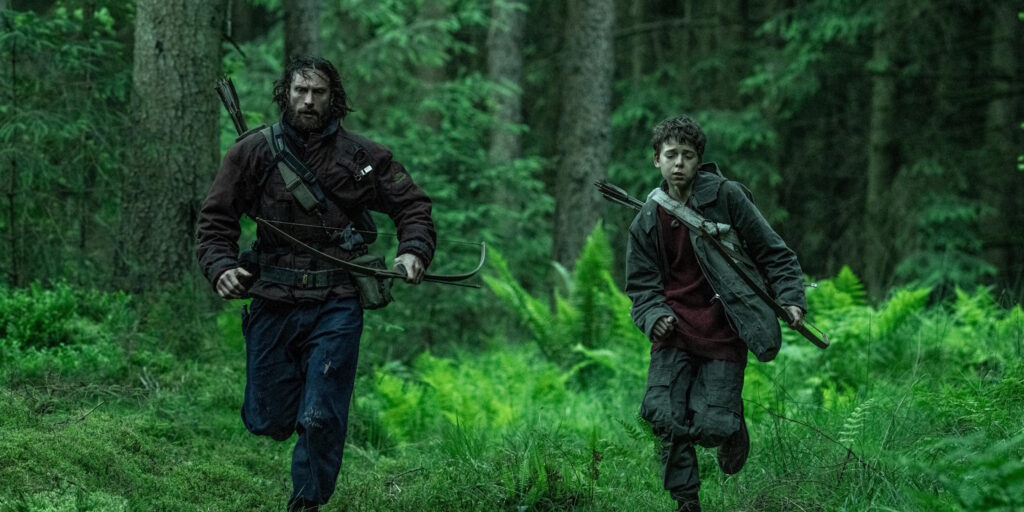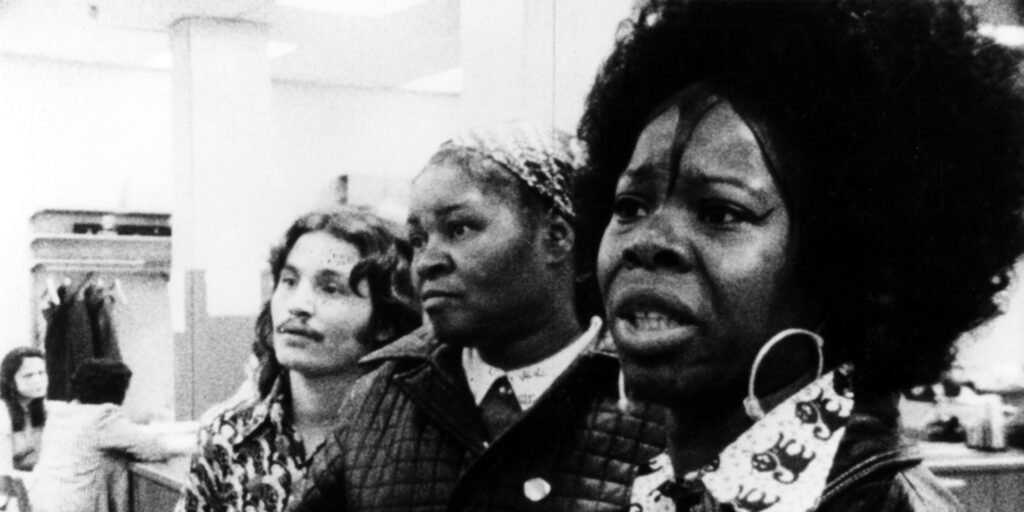Back in 2008, DreamWorks and Universal were intent on remaking a South Korean thriller that is widely regarded as one of the best films ever made. The American version of Oldboy started out as a Steven Spielberg film starring Will Smith, but that iteration vanished in a haze of legal troubles within a year. The remake had already spent several years in Development Hell by 2011, when Spike Lee was eventually tapped to direct and the main role was recast with Josh Brolin replacing Smith. The differentiating desires of filmmaker and studio became clear when Lee’s original 140-minute cut was trimmed significantly by producers for its theatrical release, which sliced out 35 minutes worth of film. The change upset Lee to the point of him taking his trademark “A Spike Lee Joint” credit out of the final cut.
And that removal showed. Lacking the energy of the other films in Lee’s filmography, the 2013 version of Oldboy garnered negative reviews and is often seen as a weak spot in his career. Instead of a pulp-driven revenge story, all that Spike Lee’s Oldboy had to offer compared to the Park Chan-Wook film was a limp version of the original and a laughably bad attempt at trying to do its own thing. The prime example of the film’s confused direction is Lee’s version of Oh Dae-su, now simply named Joe, a protagonist who loses his complexity and becomes a violent, obnoxious brute. Case in point, when Oh Dae-su is freed from his captivity in the 2003 original, he gets involved in saving a suicidal man. When Joe is freed, he immediately beats up a group of football players. Perhaps Joe’s asshole nature was meant to have a thematic point, which the cut-out 35 minutes would have expanded on.
Now, after an Oscar-winning career resurgence, Spike Lee has directed another remake of a beloved international film. Unlike the disastrous production for Oldboy, Lee has a lot more breathing room this time. He rewrote parts of Alex Fox’s script and hired Denzel Washington to play the lead. (As the marketing brags, it makes for their fifth collaboration together, their last being 2007’s Inside Man.) With Apple Studios and A24 allowing Lee to craft a movie that runs more than two hours, the director’s remake of Akira Kurasowa’s acclaimed 1963 thriller High and Low gets to play fast and loose with its translation of the Japanese film into 21st-century New York City.
Retitled Highest 2 Lowest, Lee’s remake shares the same themes of class and wealth as Kurosawa version, at least as first. Instead of acting as the powerful executive of a shoe company, David King (Denzel Washington) is a famous music producer who founded the influential Stackin’ Hits Records. Preparing to finalize a business deal that would let him reclaim ownership of the company before rival competitors can stake their claim, King’s plans are upended when his son, Trey (Aubrey Joseph), is kidnapped, the perpetrator demanding $17.5 million in exchange for his return. Eager to free his son, King, with the assistance of the NYPD, prepares to initiate the exchange when Trey is found in the streets, unharmed. It turns out that Trey was never kidnapped. Thanks to a mix-up involving a Celtics headband, the unknown criminal – heard only as a threatening, uncaring voice on King’s phone – instead took Kyle (Elijah Wright), Trey’s best friend and the son of King’s personal driver, Paul (Jeffery Wright).
Grappling with the same premise as Kurosawa’s film, King ends up in a moral dilemma over whether to use the money to pay the ransom and save Kyle or to keep it to initiate the biggest business deal of his life. Given that he put company money and his own Dumbo, Brooklyn, penthouse apartment up as collateral, one wrong move may lose King everything he built throughout his decades-spanning career. Lee’s thriller follows a similar structure to High and Low, but this is where the similarities between the two adaptations of Ed McBain’s novel King’s Ransom end. At the end of the day, Highest 2 Lowest is a Spike Lee joint first and a remake second.
Stripping away the aspects that gave High and Low such a refined reputation as one of the greatest films ever made, Spike Lee gives Highest 2 Lowest a fun, entertaining energy that contrasts with its predecessor’s serious, grave nature. There is no attempt to re-create the theatrical blocking that is often cited by critics as one of the best parts of High and Low, nor is Matthew Libatique’s cinematography trying too hard to imitate Asakazu Nakai and Takao Saito’s tense wide shots. Instead, the filmmaking is more relaxed, even a bit restrained.
After an opening credit sequence of aerial shots of New York set to Oklahoma!’s “Oh, What a Beautiful Mornin’” – the first sign that Lee gleefully doesn’t care about emulating the darker tone of the original – the camerawork rarely gets more inventive than in an early scene of King talking with his associates on the phone while standing on his balcony, with Lee switching back and forth between two bird’s-eye angles. The first act sustains this nonchalance, setting up the emotional upheaval of Trey’s kidnapping as not too big a deal, with Howard Drossin’s score adding a weirdly passive tone within its melodrama as King and his wife, Pam (Ilfenesh Hadera), scramble to figure out what to do. It’s only when the other shoe drops – when David shows less care about getting Kyle home safe – that an actual tension comes out.
This bizarre treatment of the first act works in better establishing King’s arc. Amid his routine of dropping his son off for basketball practice, listening to his “theme music” with Paul on his way to work, and being a well-liked producer at Stackin’ Hits – witness the hopeful, unknown singers waiting to hand him a sample of their music as he passes through – he acts with performance toward the people he works with. Denzel Washington’s charm easily makes David feel like a safe, understanding person to be around, but as shown when his own friend is begging him to save his son, offering to spend the rest of his life making back the $17.5 million, King’s selfishness slips through. Even when he decides to go through with the ransom, most of his reasoning comes from the fear of how the public would perceive him, given that the 24-hour news cycle had made him the face of their nonstop coverage of the kidnapping. Once said public hails him a hero, his ego lets him forget how easily he folded when the deal was first handed to him.
Despite King’s flaws, and unlike the fate of High and Low’s Kingo Gondo, Lee’s idea of King doesn’t feel as cold. It’s hard not to read into the persona of King – an aging yet successful and respected Black creator deemed by the media to be the best of the best in his industry – and not see why the director would want a kinder portrayal. The introspection that arises as the film goes on, with King coming to question his relevancy in the music business and whether his influence left the music world better or worse, can easily read as Spike Lee reflecting on his own career. After four decades of an up-and-down filmography, it would probably leave anyone shaken over what exact impact they were having on an industry that still can’t decide if they’re a genius or a hack.
Despite the potential of Lee falling in the same traps as Oldboy with this choice, his reworking of this character carries its own complexity. The Kidnapper, later revealed to be ignored underground rapper Yung Felon (A$AP Rocky), has more of a shared connection with King compared to High and Low’s jealous abductor. Replacing the visual of an impoverished man forced to see the high-end mansion on top of a hill looking over the slums, the concept of an obsessed super-fan feeling neglected by a celebrity that appears time and again in the media brings it own torture.
It soon becomes apparent how they provide something the other needs. For the music executive, Felon’s scheme forces the king to come out of his castle and back into the streets, where the film noticeably becomes alive. As he rides the subway waiting to reach the drop spot, the film itself focuses its lens on the people around him: Yankees fans screaming at the camera about how Boston sucks; the nearby Puerto Rican Day parade featuring Rosie Perez, Anthony Ramos, and Eddie Palmieri. All of this combines into an exciting chase sequence synced together by editors Barry Alexander Brown and Allyson C. Johnson, turning it into a musical collage of New York culture that King finds himself at the center of, beginning his introspection.
As for the kidnapper, this stunt proves to be a successful promotion, finally giving him the attention he desperately wants. In an odd way, Lee combines the story beats of King’s Ransom with the satire of The King of Comedy. However, it all wraps around King’s growing realization of how much he plays into people, much like Yung Felon going to extremes to get a sliver of notice, or the more unnerving notion that he would’ve been easily swayed by Felon’s success if the kidnapper didn’t affect him so personally.
It’s impressive how Lee manages to handle this much insight inside a lighter interpretation of the story. Despite him giving in to genre thrills and ambition – Who wouldn’t want to see Denzel Washington in a rap battle? – what keeps Highest 2 Lowest interesting is how it weaves a reflective look at fame and influence into an entertaining, low-stakes crime film. His changes to the source material feel authentic to Lee, such as getting rid of the original’s second-half perspective switch. While High and Low switched over from Kingo to the helpful police once the case of the ransom was resolved, Lee instead brings his distrustful eye to depict the NYPD as critically as possible. Noticeably showing more hostility toward Paul’s plight compared to David and Pam’s distress, as well as the film humorously showing their incompetence (e.g., an officer explaining that they quickly found the kidnapping victim while cutting back to a battered Kyle idly wandering the streets of New York), Highest 2 Lowest provides its own reason why Paul and David would want to find Yung Felon themselves.
After all that he goes through, all the things he realized that he was implicated in, Lee gives David King a redemption in finding an alternative. Even if he became a disgrace to Stackin’ Hits, and a betrayer to Felon’s dreams of stardom, King simply learns that “All $ ain’t good $” and works to better his impact. Much like King realizes at the very end, through all the highs and lows he was thrown into all his life, Spike Lee still got it.
Highest 2 Lowest is now playing in select theaters, and is available to stream on AppleTV+.
